Three new Criminal laws will make judicial process accessible & affordable: HM Amit Shah
Wed 02 Jul 2025, 10:14:02
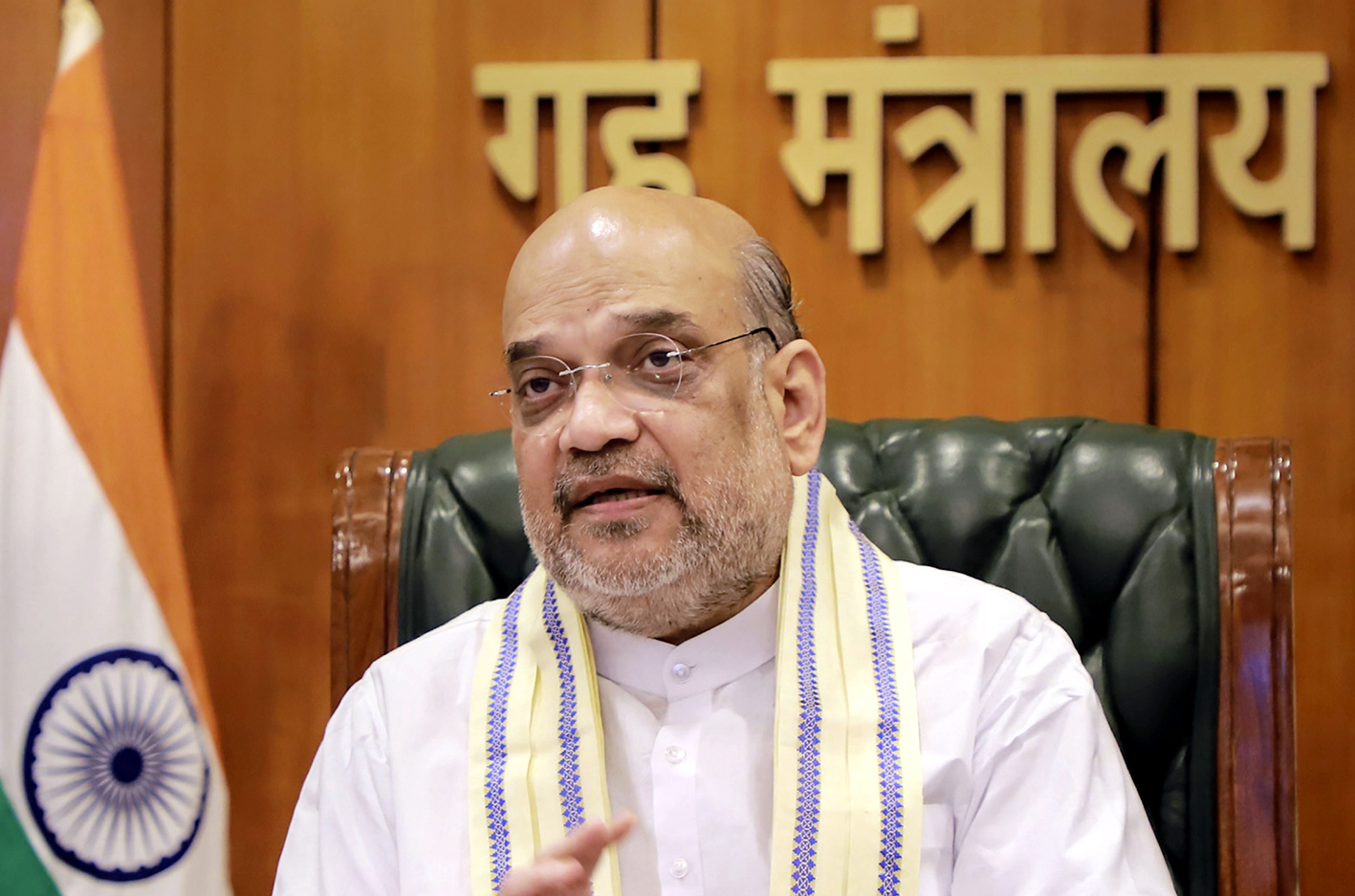
Union Home Minister Amit Shah has said that the three New Criminal Laws introduced under the leadership of Prime Minister Modi will make the judicial process not only affordable, accessible, and approachable, but also simple, consistent, and transparent. The new laws are Bharatiya Nyaya Sanhita, Bharatiya Nagarik Suraksha Sanhita and Bharatiya Sakshya Adhiniyam.
Mr Shah stated this while addressing a programme in New Delhi to mark the successful completion of one year of the new criminal laws. He said that under Prime Minister’s leadership, a golden era of governance based on social, economic, and political justice is about to begin. He further said that in the coming days, the country’s criminal justice system will enter a new era, which will definitely instil a strong sense of trust among the people that justice will be delivered promptly. The Minister added that the new laws will replace the fear of ‘What will happen if I file an FIR’ with the confidence that ‘Filing an FIR will lead to immediate justice.
The Home Minister said
that the new criminal laws will fundamentally transform the Indian criminal justice system in the coming days. He stated that after the full implementation of these laws in nearly three years, justice in the country will be delivered all the way up to the Supreme Court starting from filing of the FIR. He explained that these laws impose strict timelines on the three key pillars responsible for delivering justice to citizens namely the police, prosecution, and judiciary.
that the new criminal laws will fundamentally transform the Indian criminal justice system in the coming days. He stated that after the full implementation of these laws in nearly three years, justice in the country will be delivered all the way up to the Supreme Court starting from filing of the FIR. He explained that these laws impose strict timelines on the three key pillars responsible for delivering justice to citizens namely the police, prosecution, and judiciary.
Mr. Shah added that the new laws specify deadlines for completing investigations within 90 days. Union Home Minister said that now with the replacement of Indian Penal Code with Bharatiya Nyay Sanhita 2023 , CRPC with Bharatiya Nagarik Suraksha Sanhita and Indian Evidence Act with Bharatiya Sakshya Adhiniyam 2023, shows that the goal of these laws is not punishment but justice. He said, notification of e-evidence and e-summons has been issued in 11 states and union territories while Nyay Shruti has been notified in 6 states and union territories.
No Comments For This Post, Be first to write a Comment.
Most viewed from National
Most viewed from World
AIMIM News
Latest Urdu News
Most Viewed
May 26, 2020
Where should be the burial of the pilgrims martyred in the Saudi Arabia bus accident?
Latest Videos View All
Like Us
Home
About Us
Advertise With Us
All Polls
Epaper Archives
Privacy Policy
Contact Us
Download Etemaad App
© 2025 Etemaad Daily News, All Rights Reserved.


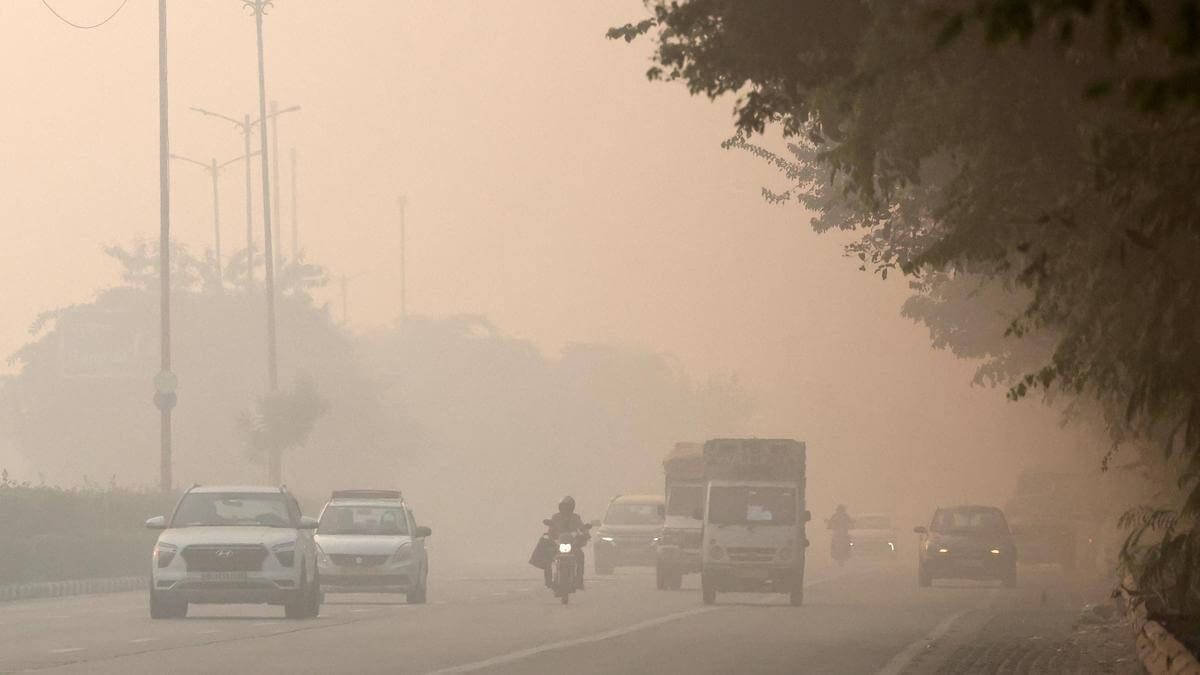

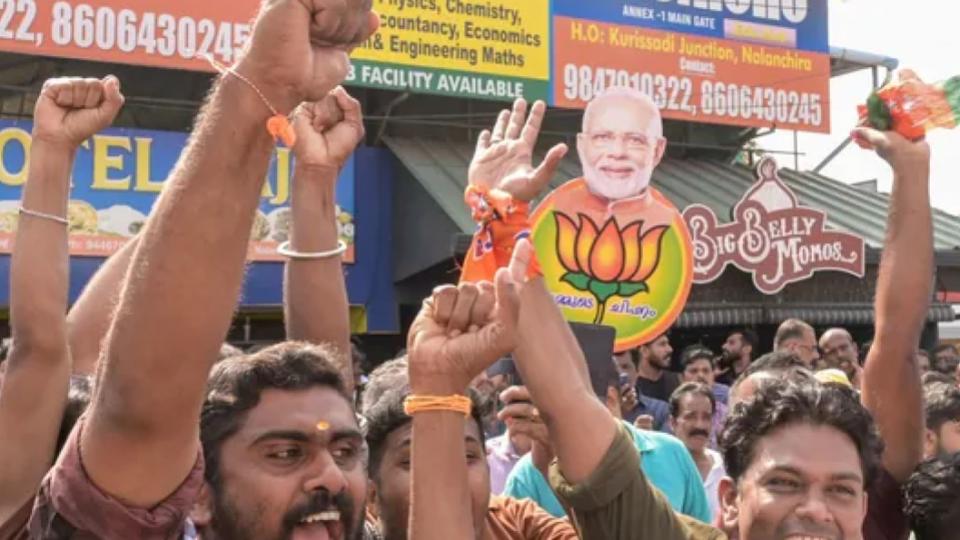



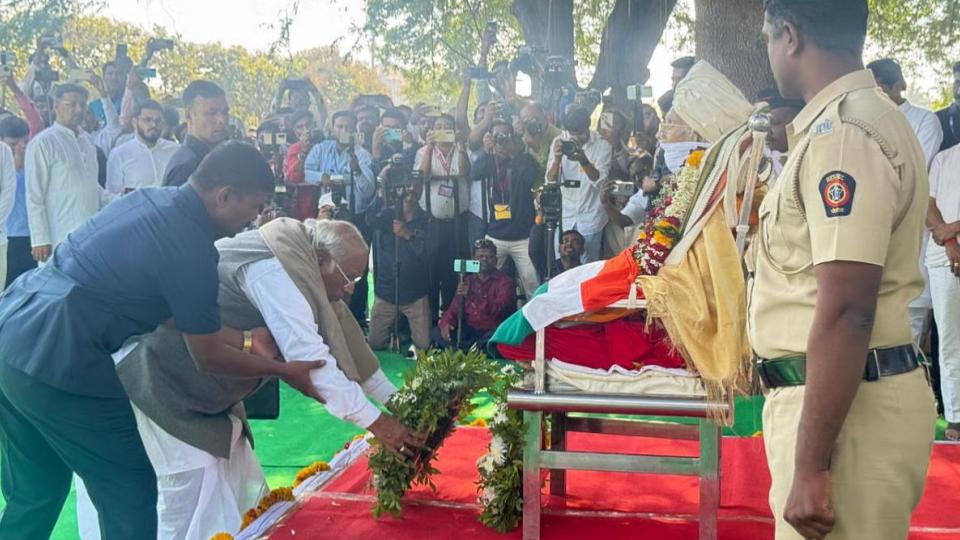


.jpg)
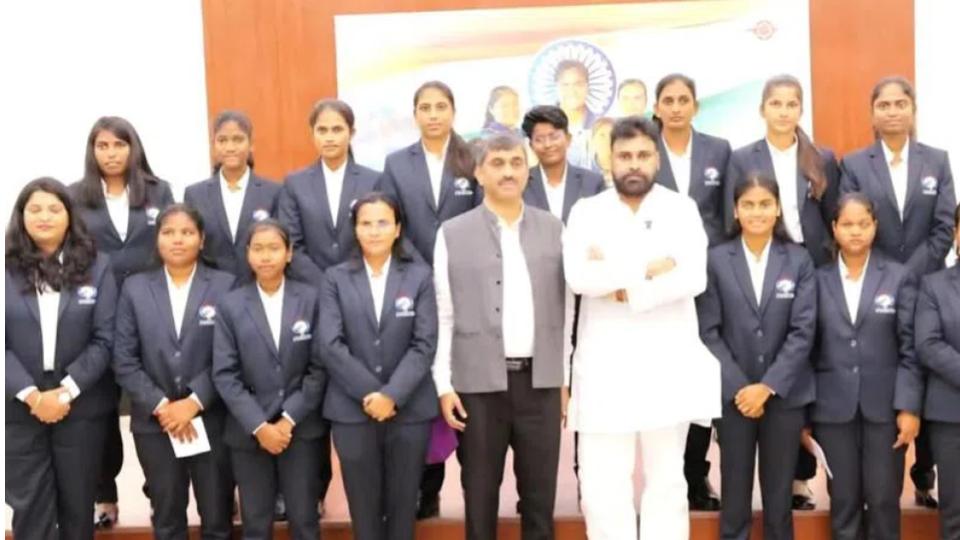
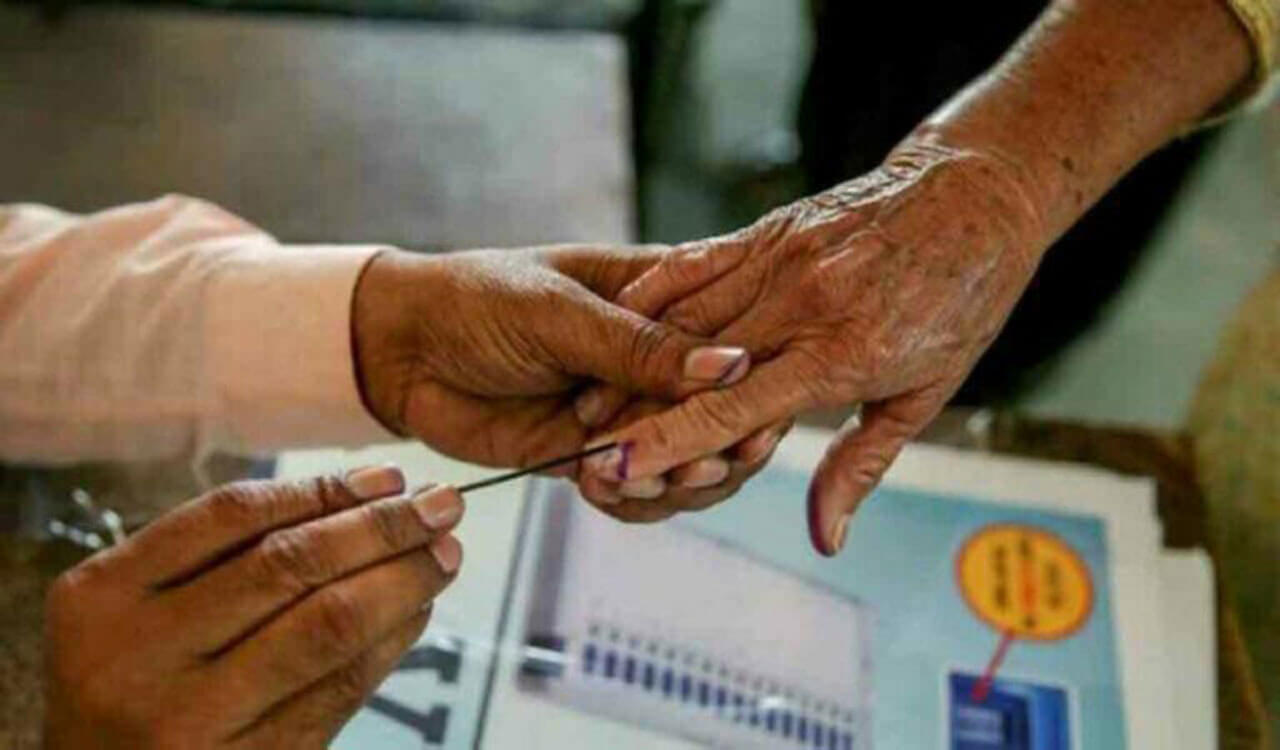

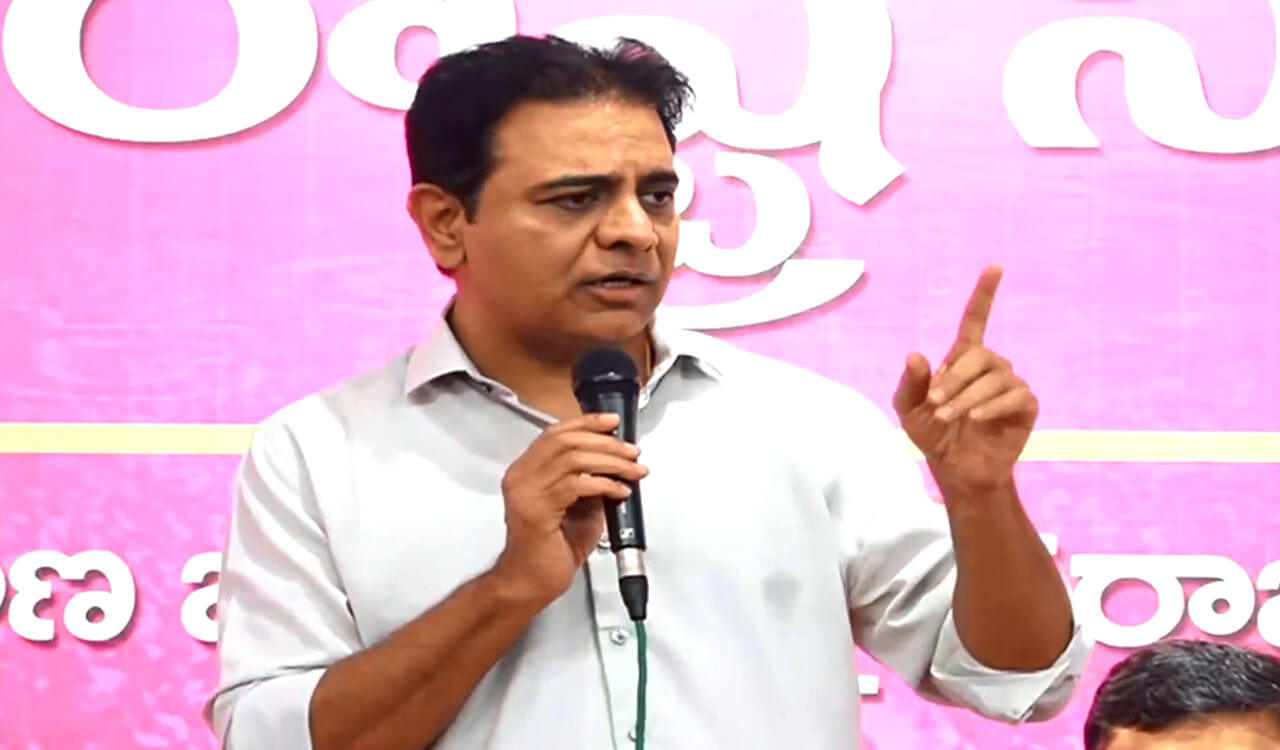


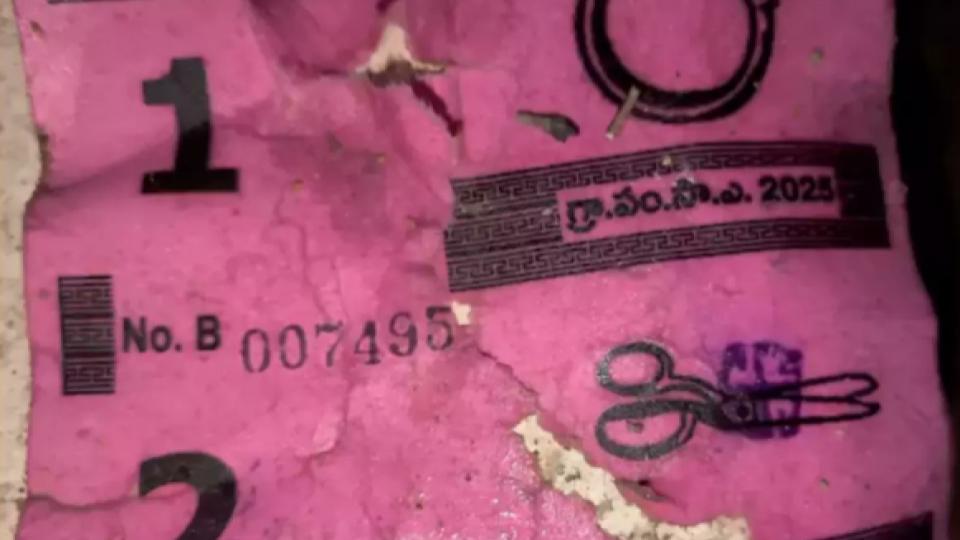

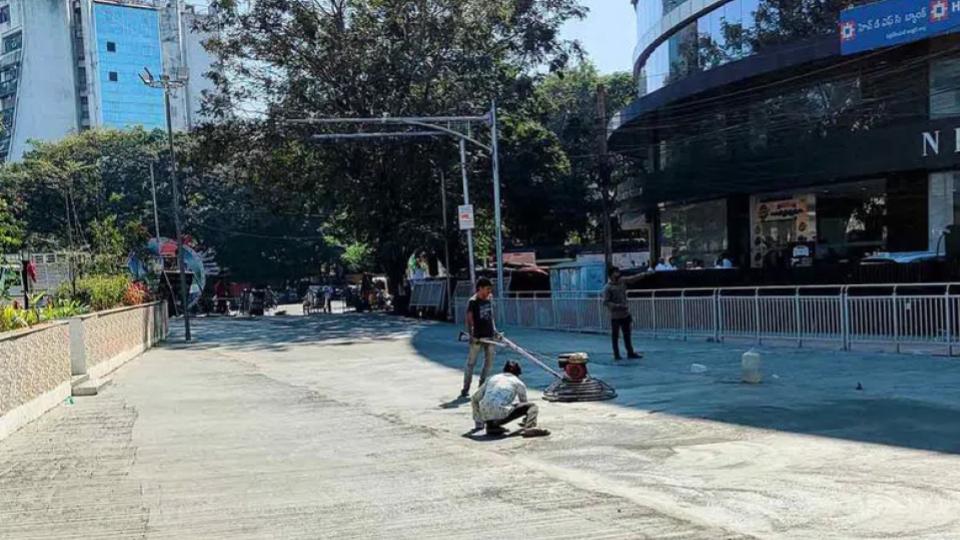

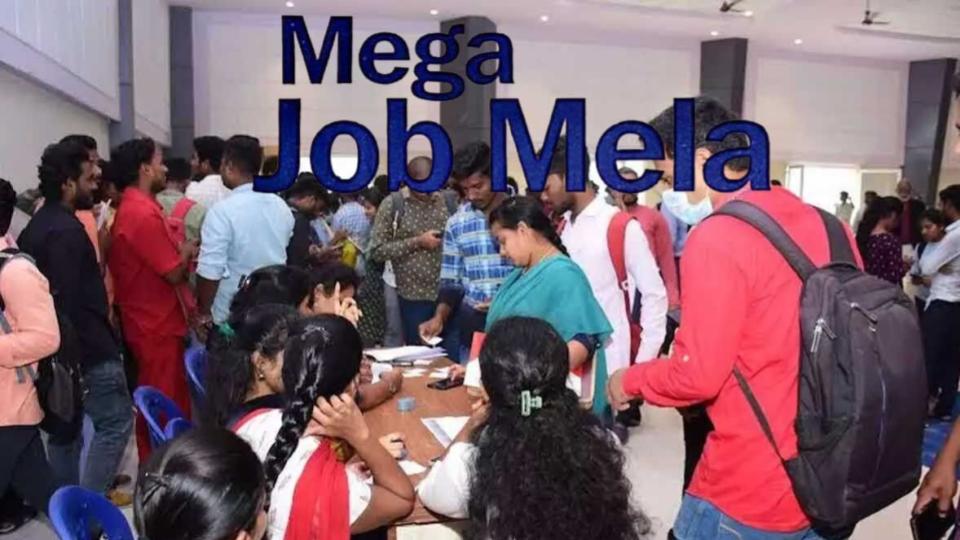
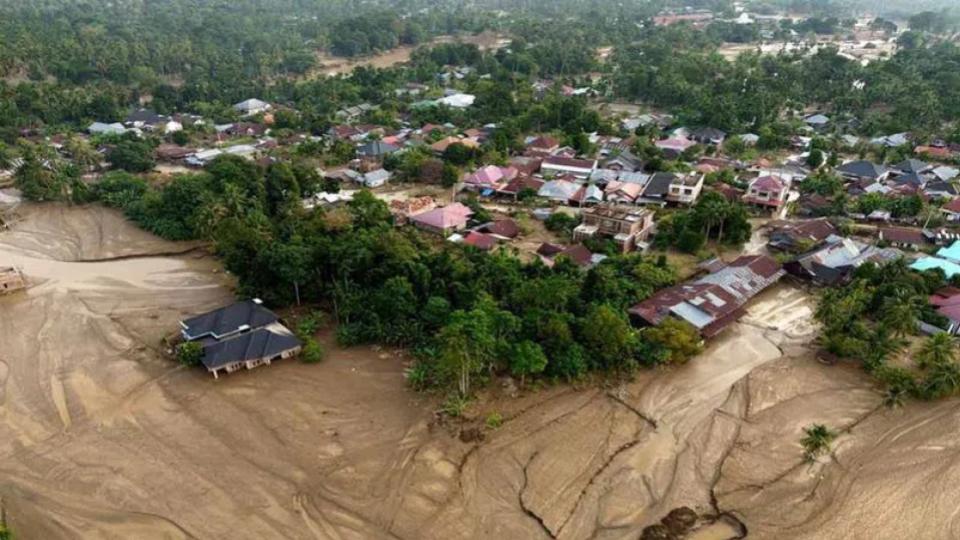
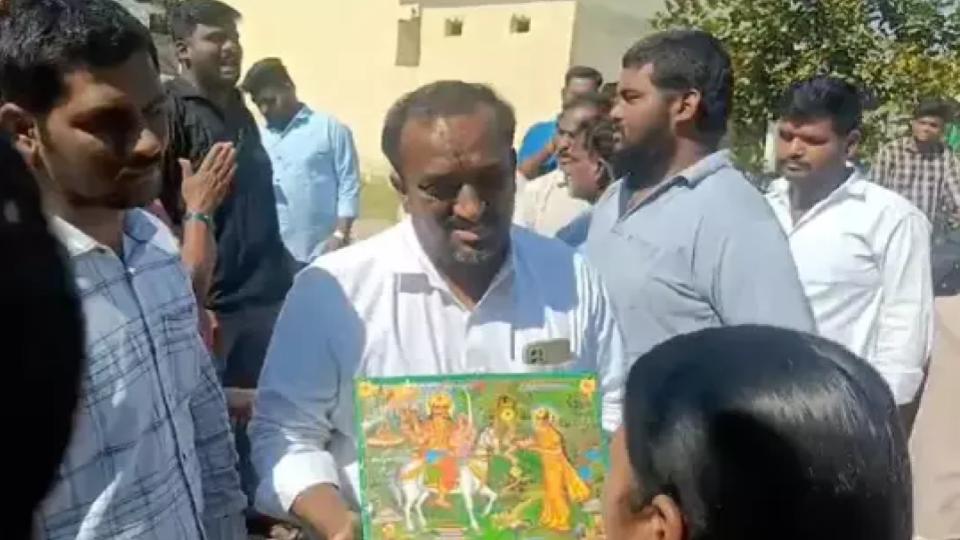











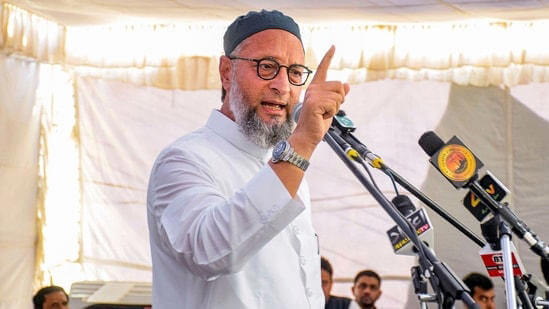
.jpg)
.jpg)
.jpg)


